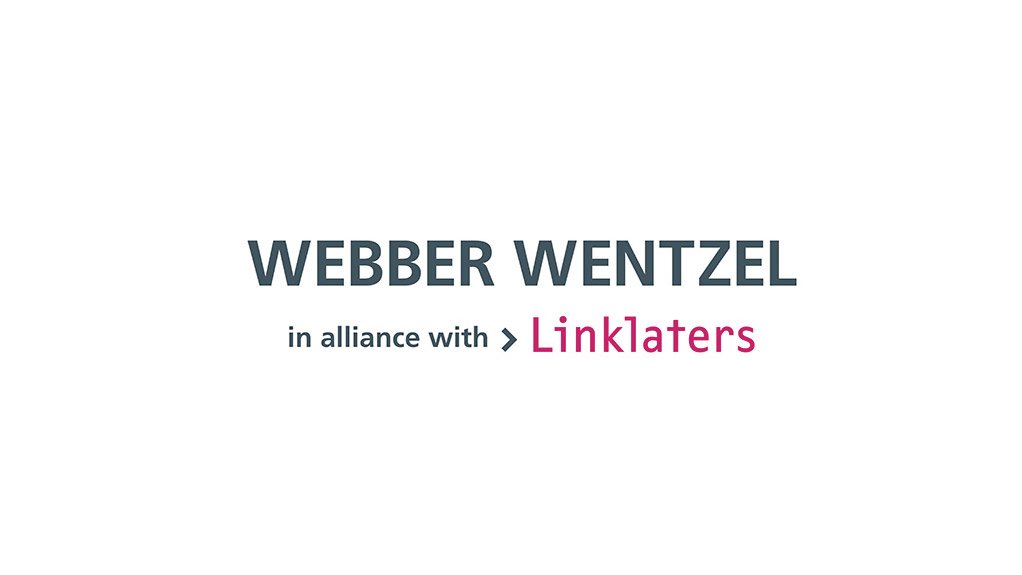Africa is increasingly gaining prominence as a target destination for a more diverse group of investors, both based in Africa and elsewhere. The growing trend towards using fund structures to house African investments presents good opportunities for local and global fund managers.
Lawyers from Linklaters and Webber Wentzel have been talking to a range of clients about the opportunities and estimate that there are currently over 50 Development Finance Institutions (DFIs) actively investing in Africa-focused private equity funds.
Johanna Monthe, Investment Management lawyer at Linklaters, says “DFIs were the first actors in this market at a time when African investments were often considered too risky by traditional PE fund investors, which has meant that they have been able to set the market standard for the legal and commercial terms of Africa-focused funds. There can be substantial variations in fund terms between African funds and their European and U.S. counterparts. This can sometimes create opportunities for the fund managers - for instance certain DFIs are willing to take a greater risk and subordinate their return of capital to other investors in exchange for a stronger impact programme from fund managers. This ends up being a strong marketing tool for the managers and assists them with raising capital from commercial investors.”
2016 has seen an increase in the creation of pools of DFIs investing in a fund. Monthe notes that pooling is most commonly carried out through joint DFI negotiations, but with each DFI making separate investments in the fund. She says: “interestingly, we’re also seeing DFIs pooling their investments into one vehicle to invest in funds as a single investor. Both approaches encourage dialogue between the DFIs on rules relating to ESG and governance compliance and, from the fund manager’s perspective, have the benefit of removing or at least reducing the burden of balancing competing sets of requirements within the fund.”
This year has also seen the introduction of new investors in Africa-focused funds. Jonathan de-Lance Holmes, Investment Management partner at Linklaters, says: “recently, more traditional fund investors, such as domestic and foreign sovereign wealth funds, insurers and pension funds, seem to have an increased appetite for investment in Africa-focused funds. These investors are particularly attracted to investment opportunities in infrastructure, healthcare and natural resources sectors so fund managers have responded to this by establishing more sector-specific funds that have a wide African footprint.”
Deal activity this year has shown that the concerns of these investors are more akin to traditional private equity investors with greater focus on issues such as financial returns on investments. Nicole Paige, Private Equity partner at law firm Webber Wentzel, says: “The commercial investors find that investing into a fund with DFI investors is hugely beneficial as they can ride the coattails of the DFIs to benefit from investor-friendly fund terms and governance without having to push these points themselves.”
She notes that as “two different types of investors in the African funds market start emerging, you see how negotiating fund terms in order to strike the right balance to attract both types of investors, can become tricky. Difficulties can emerge in reconciling investor expectations for investment terms, exit strategies or the type and scope of investments. Whilst DFIs seek to push investment into countries/sectors based on their own development agenda, fund managers often find themselves restricted by what they consider to be a narrow investment policy at the expense of being able to have a more opportunistic approach.”
Lawyers are expecting an increase in both types of investors in the African funds market next year – de-Lance Holmes says “whilst the emergence of new investors and development of higher standards of DFI-driven governance have meant that the funds and the fundraising processes have become more complex, this has also created new opportunities for managers. In order to fully maximise and seize these opportunities, fund managers need to be prepared to compromise and accommodate the concerns of historic and more traditional investors.”
EMAIL THIS ARTICLE SAVE THIS ARTICLE
To subscribe email subscriptions@creamermedia.co.za or click here
To advertise email advertising@creamermedia.co.za or click here











